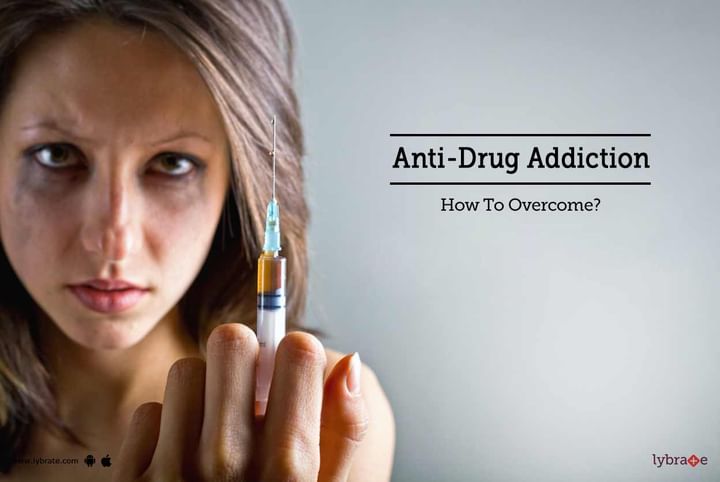Anti-Drug Addiction - How To Overcome?
Drug addiction is one of the social menaces and in most people, what starts off as a result of peer pressure and trying to be cool ends up affecting lives significantly. It is not just social, but also affects financial, physical, emotional, and social well-being. The small periods of happiness given by the drug is followed by months and years of torment.
The National Institute on Drug Abuse (NIDA) has identified that drug addiction causes chemical and structural changes in the brain, leading to dangerous and self-destructive behaviours. The brain’s response to stimulus like pleasure, joy, happiness, and pain are altered with constant drug abuse. For instance, the neurotransmitter called dopamine, which makes one feel good, is usually produced by the brain in small amounts. However, drugs increase this level to 2 to 10 times more, making the person feel extremely high and happy. Since the body is unable to reach the highest level of happiness on its own, the dependency on these drugs to feel good increases.
Repeated use of the drugs leads to increased dependency, wherein the brain refuses to feel good without reaching those high levels of dopamine. The issue is mostly seen in teenagers and young adults but can be seen in any age group.
October 2 is recognised as National Anti-Drug Addiction Day and nationwide campaigns and drives are done to help people overcome addiction. One of the main reasons a drive this size is required is because of the social stigma attached to the problem. Most families shun away from recognising it as a problem that can be easily treated, and so the affected person is sucked deeper into the problem.
Overcoming addiction: One of the main success factors for treating addiction is for the affected person to recognise that he or she is addicted and needs to get rid of the problem.
- There are national toll-free helplines that are set up, which can guide through the whole program. This way, if required, anonymity is maintained and support for overcoming addiction is increased.
- It involves a group effort involving the affected person, family and friends, medical and clinical personnel, and counsellors in some cases.
- Cognitive behavioural therapy: The person is made conscious of the change in behaviour and the way drugs affect it. Healthier patterns to be happy and joyful are discussed.
- In most cases, the underlying reason for reaching out to drugs needs to be addressed also to prevent relapse.
- Group therapies where the person makes friends who have faced similar issues and overcome the problem. This increases their accountability and commitment to getting rid of the problem.
Drug abuse is a national social menace and needs more free admittance and management.



+1.svg)
